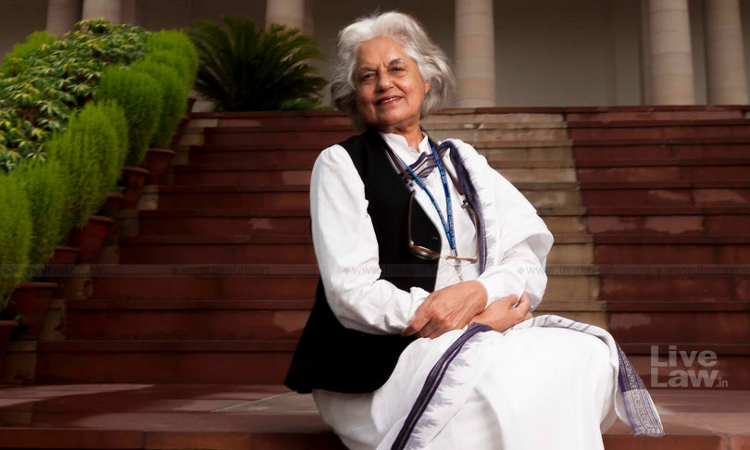"We Must Be Conscious Of The Ideology Of The Persons Appointed To The Bench": Indira Jaising
Mehal Jain
22 Dec 2020 5:25 PM IST

Next Story
22 Dec 2020 5:25 PM IST
"Whether the judiciary delivers on its promise or not depends on the people who get appointed to the institution", articulated Senior Advocate Indira Jaising on Friday.She was addressing the virtual audience at the MoneyLife Foundation's Third Annual RTI Lecture. She proceeded to address the following question- "Has the judiciary delivered on its promise of being the arbiter between the rights...
